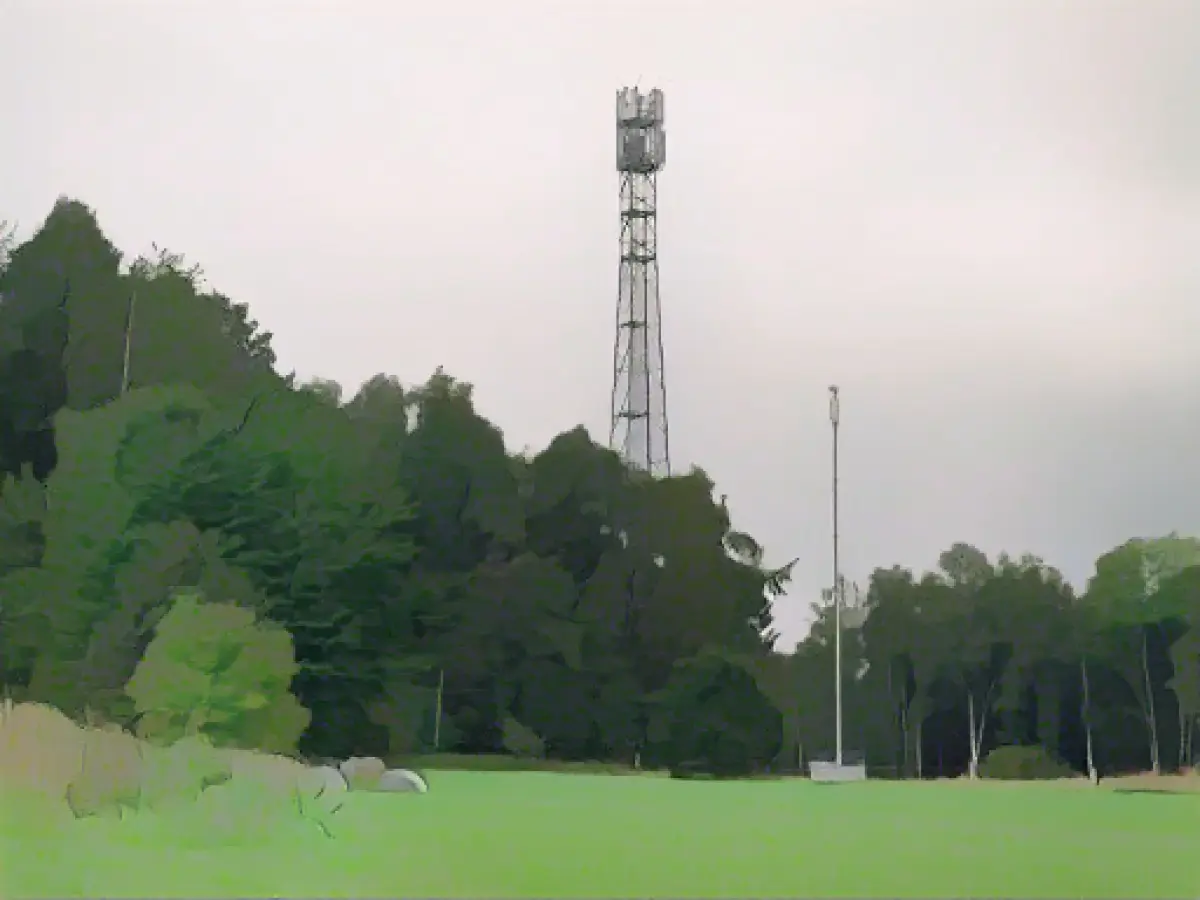Updated Article:
First Crackdown on Cellular Providers in Germany
For the first time, the Federal Network Agency (Bundesnetzagentur) is levying fines against Germany's leading mobile network operators, Deutsche Telekom, Telefónica (O2), and Vodafone, due to weaknesses in mobile communications.
According to a letter released to Deutsche Presse-Agentur, the agency is taking action against these operators "for culpable failure to fully comply with coverage requirements in a timely manner." These proceedings, which were initiated in September, have remained confidential so far. The companies now have the opportunity to present their case before a decision is made next year. Additional penalties are also being threatened in simultaneous proceedings.
The network operators argue that they have not violated the expansion requirements. They reference an exception rule, stating that if expansion was not feasible due to legal and factual reasons, like the inability to secure land for a radio mast, the requirement is deemed met without a network. However, the Network Agency disagrees with this justification in certain cases, and they believe antennas could have been installed in some locations despite the obstacles.
Shortcomings in White Spots and Tunnels
There are currently 500 4G dead zones where none of the three network operators can provide a 100-megabit-per-second signal. The industry context suggests that this number represents a very small percentage of non-compliance. If fines are imposed, they are expected to be minimal in scope. The initiation of proceedings is viewed more as a warning sign to encourage the industry to be more proactive in expansion and to adhere to supply requirements fully. Previously, the Network Agency has not imposed such fines in similar instances.
Troubles at Telefónica
Telefónica faced significant challenges in the past, while Telekom and Vodafone only experienced minor deficiencies. A penalty procedure was initiated against Telefónica in 2020; however, it was ultimately discontinued due to severe delays on the part of O2.
A New Era at the Network Agency
The Network Agency did not impose fines in 2020, but they have changed their approach with the new leadership of Klaus Müller, former head of the Federal Association of Consumer Organizations, now serving as the agency's President since 2022. Müller is dedicated to advocating consumer interests in his new role.
This is not the first time that telecommunications providers have faced proceedings. Since the spring, the Network Agency has been taking action against the newcomer 1&1, which plans to launch its own mobile network soon. The complication arises from the newcomer's failure to activate 1,000 5G sites by the end of 2022, as required by the federal government. The outcome of these proceedings is still uncertain.
Expansion Requirements from 2019
Telekom, Vodafone, and O2 were required to have secured radio frequencies for different bands to develop their networks. The federal government sets a minimum quality level in the awarding of these contracts. The operators were expected to provide 98% of households in each state with at least 100 megabits per second by the end of 2022. The companies managed to satisfy this central requirement; however, the Network Agency identifies weaknesses in other areas, such as traffic routes and white spots.
The precise figures for the number of white spots and tunnels that have not been addressed are yet unknown. A spokesperson for the Network Agency declined to comment on the matter, while the companies also declined to share any figures when asked.
Support from Politicians and Consumer Advocacy Groups
Federal politicians and consumer advocacy groups have reacted positively to the initiation of the fine proceedings. Reinhard Houben, a Member of the Bundestag for the Free Democratic Party (FDP), stated that the companies have not provided adequate reasons for their failure to meet the expansion obligations. "The proposed fine is therefore only logical," said Houben.
The Social Democrat Johannes Schätzl applauded the enforcing of supply requirements and the imposition of fines for non-compliance. Maik Außendorf from the Green Party called non-compliance "annoying" and stressed the need for the companies to meet their obligations. CSU politician Reinhard Brandl described the initiation of proceedings as "absolutely right."
Consumer advocate Felix Flosbach welcomed the Network Agency's stricter approach to enforcing network requirements and imposing fines, stating that it would benefit consumers both in the present and in the future. The companies, on the other hand, emphasize the significant progress they have made in expanding their networks, pointing to the billions invested by the companies in improving coverage. However, the fine proceedings highlight the fact that challenges still exist in certain areas.
Source:
Enrichment Data Integration:
- While the German mobile network operators face fines for regulatory non-compliance, the underlying issue stems from complex technical challenges and the burdens of scaling globally while navigating diverse regulatory frameworks.
- Satellite technology integration into existing mobile ecosystems is intricate, involving dynamic spectrum sharing and interference mitigation strategies, which can hinder the rapid deployment of comprehensive coverage in white spots and tunnels.
- The economic and operational burdens of global expansion can delay the implementation of comprehensive coverage plans, ultimately leading to regulatory action and penalties for non-compliance.







